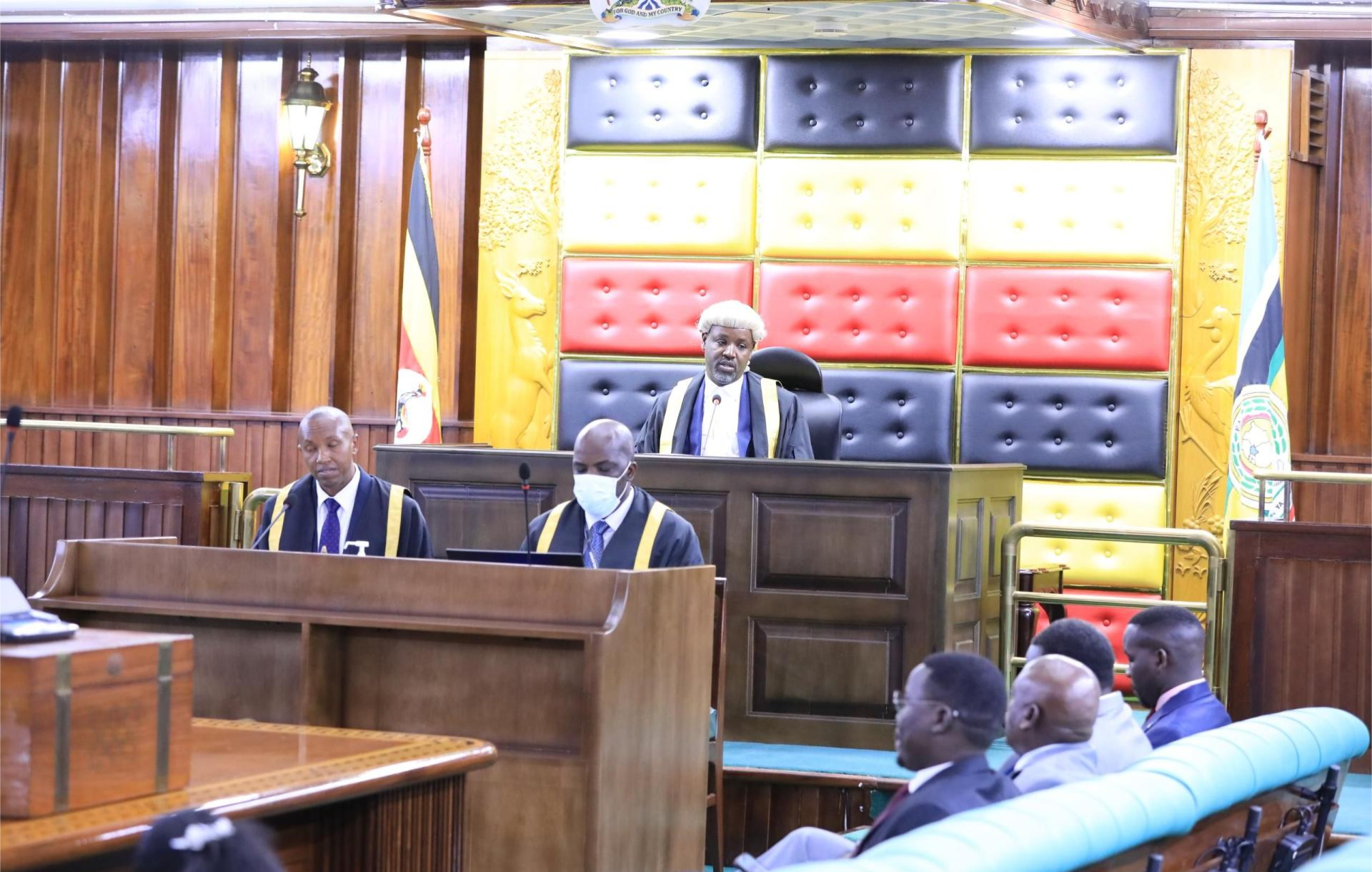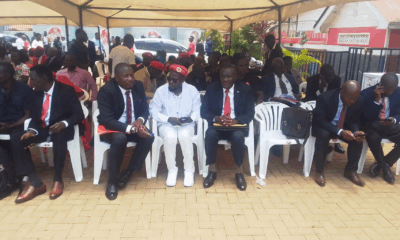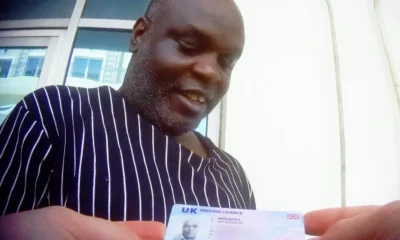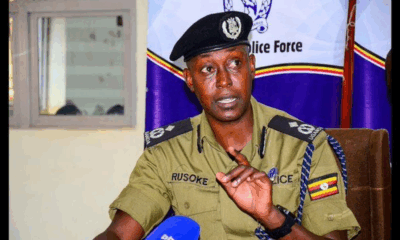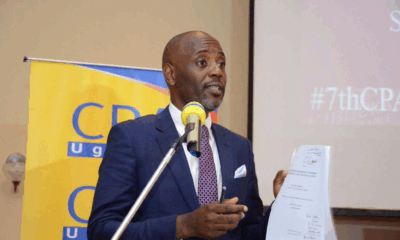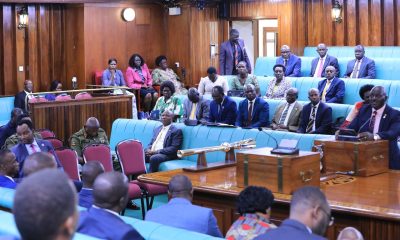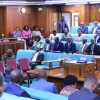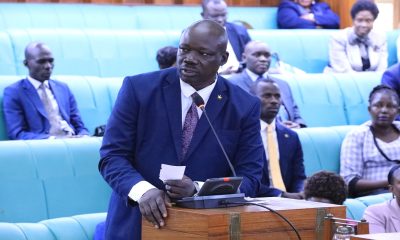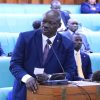Parliament
Parliament Calls for Urgent Probe into BBC Report on Trafficking of Ugandan Women in Dubai
Deputy Speaker of Parliament Thomas Tayebwa has urged the government to swiftly investigate alarming claims presented in a recent BBC Eye documentary which reveals the trafficking and mistreatment of Ugandan women in Dubai.
The investigative piece, which has received extensive coverage in Ugandan media under the title “Death in Dubai,” alleges that Charles Mwesigwa, a former driver based in London, is behind a prostitution network in the United Arab Emirates (UAE) targeting young women from Uganda.
Through a combination of undercover video, survivor accounts, and digital investigative tools, the BBC outlines how women are deceived with offers of legal employment but end up trapped in abusive and coercive sex work. The report also connects at least two deaths of Ugandan women to Mwesigwa’s alleged operations, describing the circumstances as suspicious.
“This is a very disturbing revelation,” Tayebwa told Parliament. “We must reopen debate on the plight of Ugandan migrant workers, especially young women in the Middle East. They need far stronger protection. I don’t know whether the Minister should come and make a statement here, but what we really need is action.”
Tayebwa also drew attention to the financial exploitation of Ugandan laborers abroad. “Some countries negotiate for their nationals to start at salaries of 2,000 U.S. dollars for the same job,” he said. “Ugandans are often left to fend for themselves, which makes them vulnerable to abuse.”
Tororo Woman MP Sarah Opendi shared the experience of a woman from western Uganda who thought she was going to work in a Dubai supermarket but was instead forced into prostitution.
“She escaped and reported to the Police, only to be dismissed as mentally unstable. The DPP closed the case. Where should someone like her seek justice?” Opendi asked. She called for Parliament to prioritize the Employment Bill and Sexual Offences Bill, both of which include provisions to protect migrant workers.
Amuria Woman MP Suzan Amero pushed for the government to take full control of the process of recruiting Ugandans for overseas employment in order to minimize abuse.
Meanwhile, Kira Municipality MP Ibrahim Ssemujju Nganda raised concerns about the inconsistency in how authorities respond to human rights violations, noting that abuses within Uganda often receive less attention than those abroad. Tayebwa acknowledged that local issues also warrant immediate concern.
Shadow Minister for Foreign Affairs Muwada Nkuyinji emphasized that many Ugandans remain stranded in the Middle East and are in need of help. Minister of State for Industry David Bahati, speaking on the government’s behalf, responded that the Ministry of Gender has already begun investigations into the grave allegations.
The revelations from the BBC have reignited national conversations around Uganda’s labor export sector, emphasizing the urgent need for stricter oversight, improved international labor agreements, and enhanced protection measures for Ugandans, especially women seeking work overseas.
Comments



